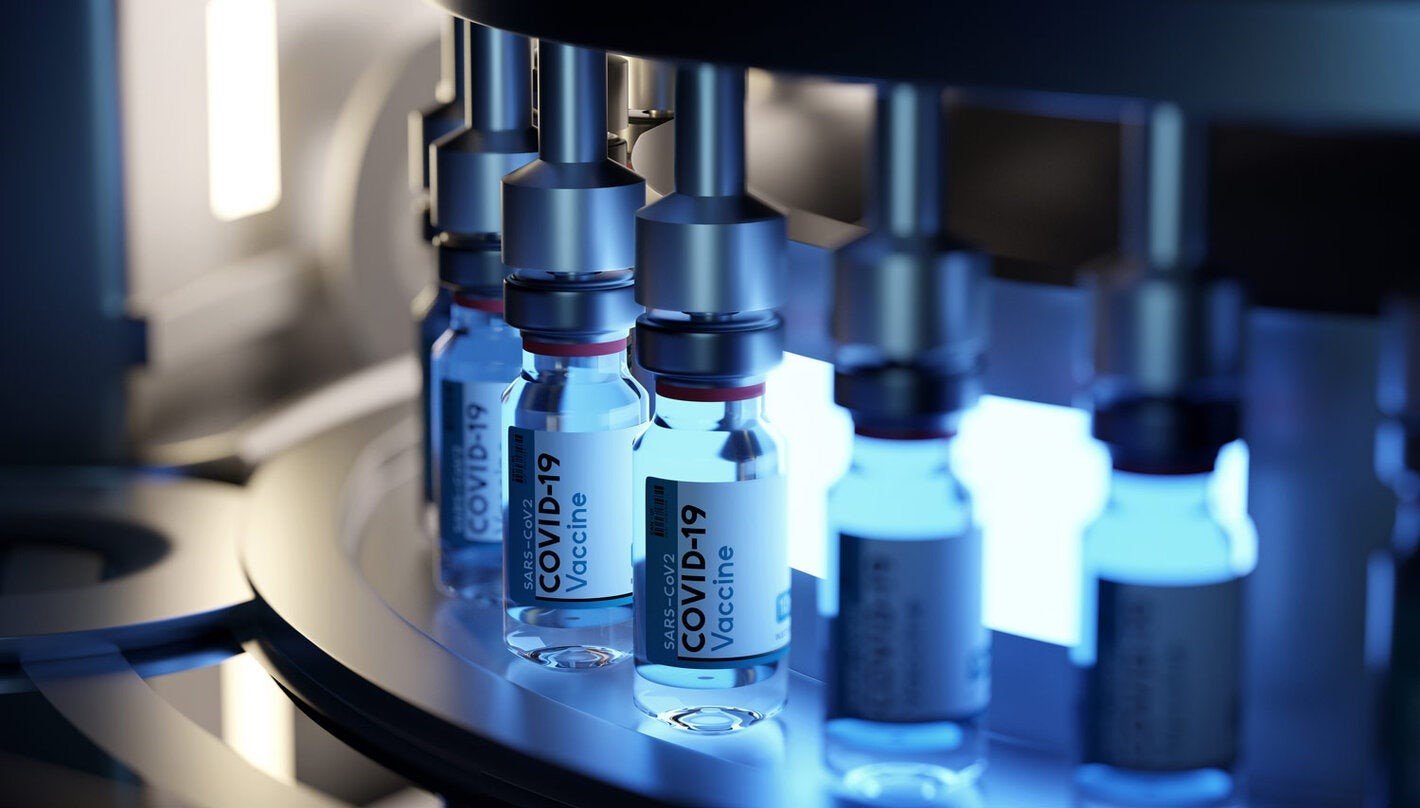Russia is planning to supply Kazakhstan with two more domestically produced Covid-19 vaccines supposed to speed up the population’s vaccination and accelerate the creation of herd immunity in Central Asia’s largest country.
Russia’s Deputy Foreign Minister Andrei Rudenko announced on Friday that the country might deliver Sputnik Light and EpiVacCorona vaccines to Kazakhstan, along with substances for the production of vaccines against the novel coronavirus.
“We have plans, this cooperation will be also developing from the viewpoint of supply of substances for vaccines, and the deliveries of other our vaccines in future, particularly Sputnik Light, EpiVacCorona that will be certified and efficient for tackling [the pandemic],” TASS quoted Rudenko as saying on Friday.
He further added that the country is ready to share its experience on how to combat the coronavirus infection effectively.
Sputnik Light is the first component of the Sputnik V vaccine and Russia’s fourth domestically produced vaccine against the novel coronavirus behind Sputnik V, EpiVacCorona, and CoviVac.
Developed by Gamaleya Research Institute of Epidemiology and Microbiology, Sputnik Light is a vector vaccine based on human adenovirus with an integrated SARS-CoV-2 coronavirus gene. Adenovirus is used as a carrier to deliver a small fragment of the coronavirus gene to cells and start the synthesis of the new coronavirus’ envelope proteins, introducing the immune system to a potential enemy. According to the Russian Direct Investment Fund (RDIF), which financed clinical trials of Sputnik Light, the single-dose vaccine had demonstrated 79.4 percent efficacy, higher than that of many two-dose vaccines.
Initially earmarked for export to help countries with high infection rates combat the pandemic, the one-dose vaccine is considered to be a suitable jab for the revaccination of citizens and for vaccination of those who already had Covid-19.
Meanwhile, Russia’s second Covid-19 vaccine, EpiVacCorona, contributes to the development of protective immunity against SARS-CoV-2 coronavirus following two intramuscular administrations given 21 to 28 days apart. Developed by the Siberia-based Vektor State Virology and Biotechnology Center, the vaccine showed a 79 percent efficacy, according to the preliminary results registered in the quality control review of the third phase of the vaccine’s clinical trials.
Since Kazakhstan launched mass vaccination on February 1, 2021, the country has been relying mainly on the Russian-made Sputnik V vaccine, also known as Gam-COVID-Vac. In addition, Kazakhstan has launched the production of Sputnik V at the local pharmaceutical complex.
On April 26, Kazakhstan put into use its first domestically developed Covid-19 vaccine, called QazVac (QazCovid-in). Along with Sputnik V and QazVac, Kazakhstan’s health authorities have so far authorized Sputnik Light, Chinese-made CoronaVAC, Vero Cell, and Hayat-Vax produced in the United Arab Emirates based on Sinopharm technology, as well as the German-American Pfizer-BioNTech.
Covid-19 has infected more than 970,000 people in Kazakhstan since the pandemic began in early 2020. The lives claimed by the virus stand at 12,678. Currently, 23,396 active Covid-19 patients are being treated in the country. Kazakhstan’s regions are now divided into various zones — red, yellow, or green — depending on local disease activity.







 Armenian sappers commenced on Monday mine-clearance operations in the territories adjacent to the Saint Mary Church in village of Voskepar (Armenia...
Armenian sappers commenced on Monday mine-clearance operations in the territories adjacent to the Saint Mary Church in village of Voskepar (Armenia...
 Russian Foreign Minister Sergei Lavrov has reasserted that Moscow has no intentions to stop the fighting in Ukraine, even if peace talks commence.
Russian Foreign Minister Sergei Lavrov has reasserted that Moscow has no intentions to stop the fighting in Ukraine, even if peace talks commence.
 Iran has refuted reports of alleged damage to Shimon Peres Negev Nuclear Research Centre located southeast of Dimona, Israel, during the recent air...
Iran has refuted reports of alleged damage to Shimon Peres Negev Nuclear Research Centre located southeast of Dimona, Israel, during the recent air...
 Iran and Pakistan have signed eight cooperation documents in various fields, and agreed to strengthen ties to fight terrorism in the region.
Iran and Pakistan have signed eight cooperation documents in various fields, and agreed to strengthen ties to fight terrorism in the region.



